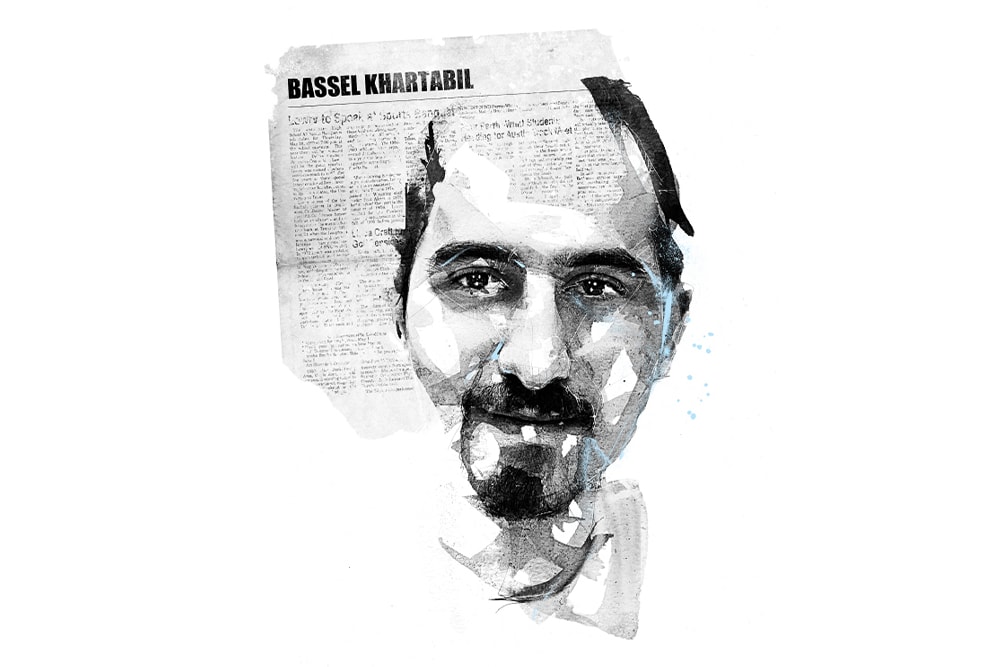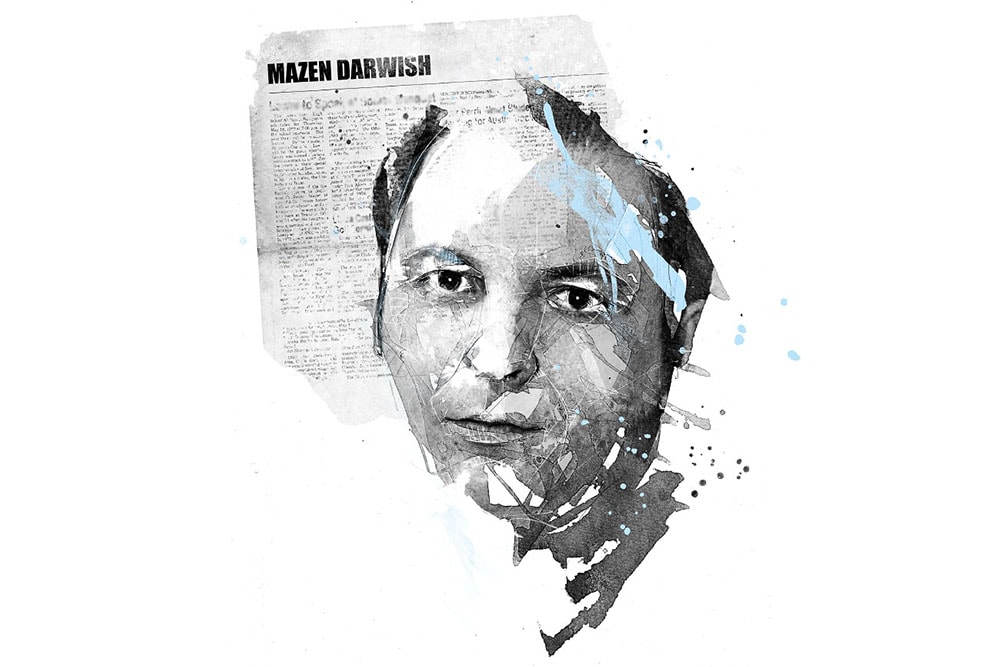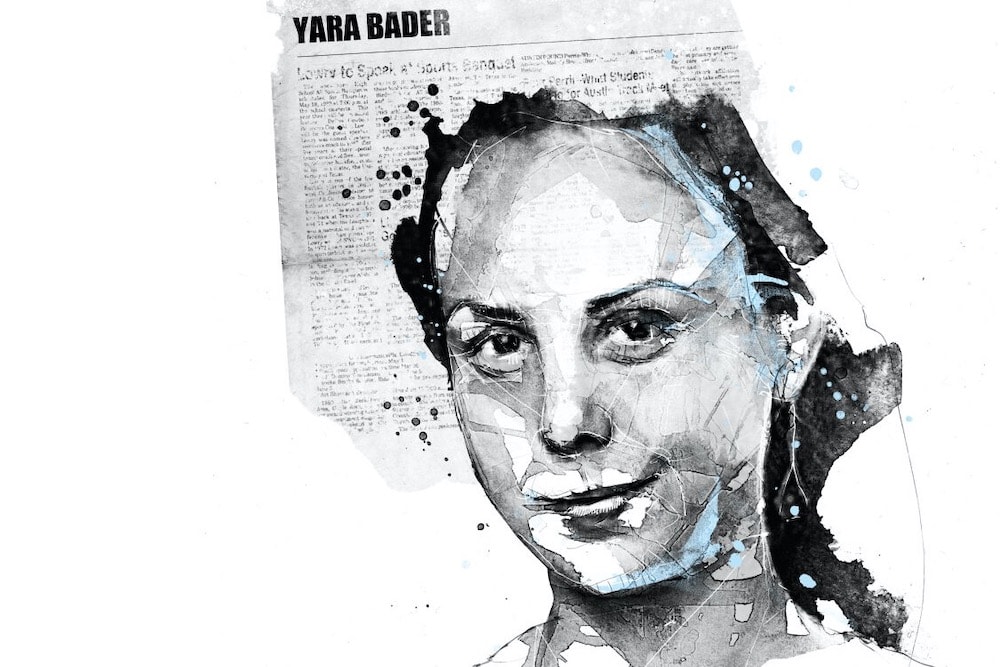The story of the man who inspired Wikipedia, Mozilla, Creative Commons and thousands of activists around the world to band together behind the rallying cry: #WhereIsBassel?
Syria has one of the lowest scores for Internet freedom in the world. It was under these circumstances that Bassel Khartabil had the courage to dream of a different reality. Bassel distinguished himself on the global stage as a passionate advocate for free knowledge in the Arab world, pushing for greater inclusion, translation and exchange of ideas.
Since it was introduced in 2000, the Internet in Syria has been subjected to exceptionally tight control by Bashar al-Assad’s authoritarian regime. Up until early 2012, when the country steadily began descending into a brutal armed conflict, the telecommunications market in Syria was the most regulated in the Middle East and already amongst the least developed.
Fully aware of the uphill nature of the struggle he was dedicating his life to, Bassel Khartabil, a Palestinian-Syrian open-source software developer, set about realising his dream of a free and accessible Internet for all. He did it defiantly, under the watchful eye of a Syrian regime hostile towards any medium it couldn’t control.
Khartabil’s many contributions to the open-source movement include the creation of Syria’s first hackerspace, Aiki Lab, a collaborative technology and art space in Damascus that allows for the free exchange of ideas and opinions. His involvement with Creative Commons helped writers, artists and others across the Arab world freely share their work online and benefit from that of others. For Wikipedia, he contributed, edited, and translated articles in both English and Arabic and for Mozilla, he wrote code that allowed its Firefox browser to work in Arabic.
Today, there remains a huge gap between the number of people who speak Arabic and the amount of content available to them online. Bassel Khartabil was dedicated towards reducing that gap, but on 15 March 2012, just days before he was to be married to Syrian human rights lawyer Noura Ghazi, he was detained as part of a wave of arrests in Damascus and thrown into the notoriously violent Adra prison. That same year, Foreign Policy magazine named him as one of the top 100 global thinkers, and later in 2013, Khartabil and Ghazi were married in prison.
At that point, the Syrian uprising was well on its way to becoming a full-blown war. In the course of the next couple of years, that war would devastate Syria’s telecommunications infrastructure and effectively disconnect two-thirds of the country from Internet service providers.
In retrospect, Khartabil’s biggest contribution to both his fellow Syrians and the world at large may have been a project he envisioned eleven years ago: virtually reconstructing the historic city of Palmyra. Realising that project took new significance since it was captured by Daesh and largely destroyed. Based on pictures he took of the site in 2005, a group of online activists decided to do just that. Up until early October 2015, Khartabil was still able to offer his expertise and wider vision to what the group had dubbed the New Palmyra Project from within Adra prison. But on 3 October 2015 without warning. His name was removed from the prison register, and no one would disclose to his distraught wife where she could find him.
Soon after, the wider Internet community, including the founders of Wikipedia, Mozilla, and Creative Commons, banded together to aggressively campaign for Khartabil’s release. On 19 March 2016, they organized a global protest in London, Paris, Berlin, San Francisco, Boston, and Sicily, demanding to know #WhereIsBassel?
On 1 August 2017, nearly two years after his disappearance, reports that Khartabil had been executed shortly after his 2015 disappearance were confirmed by his wife. In recent years, Khartabil’s work continues to resonate in the region’s activist and online community. Wikipedia established a fellowship to honour his contributions and keep his life’s work alive. He was also featured as one of the subjects in the documentary film ‘Ayouni’ that shed light on forced disappearances in Syria.
Illustration by Florian Nicolle


